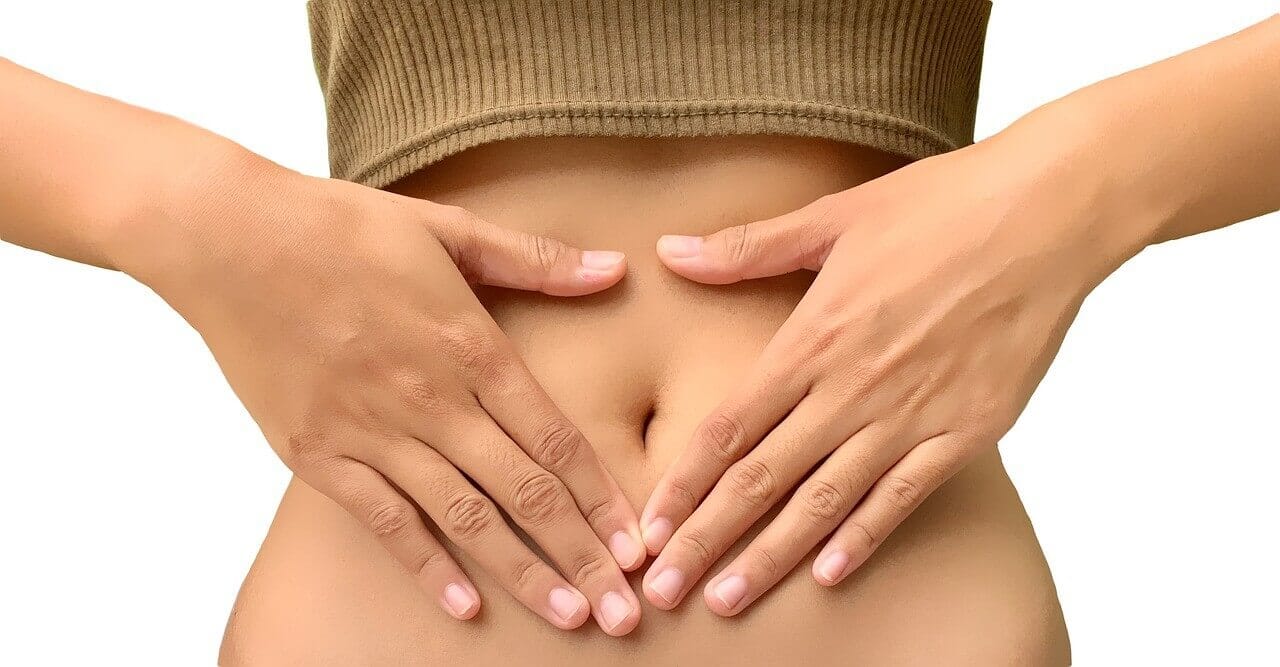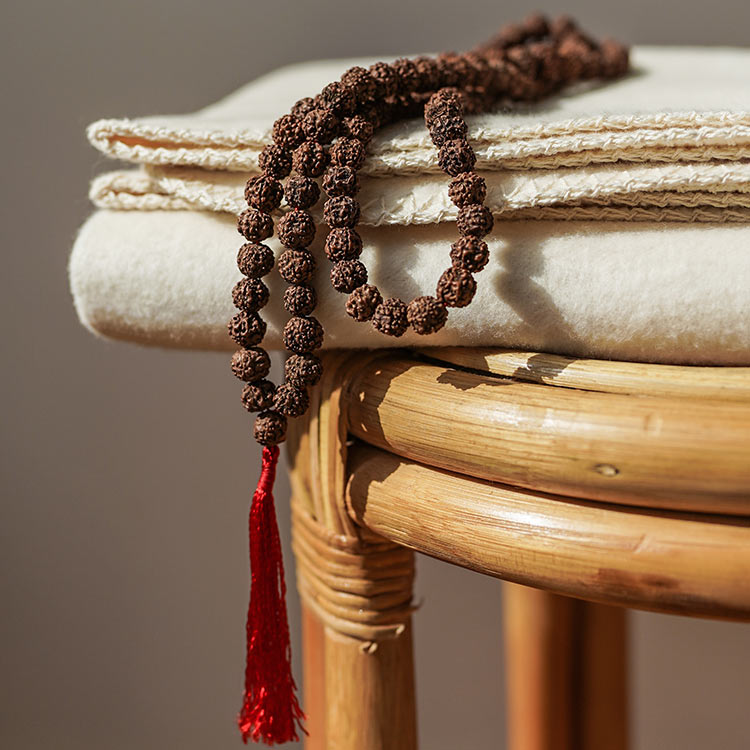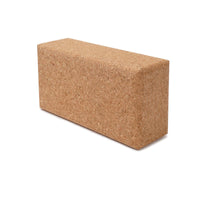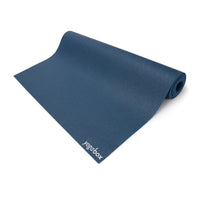
Relaxation exercises for the intestines – TOP tips
Did you know that the gut and mental well-being are closely linked? This means, conversely, that a healthy diet not only has a positive effect on physical fitness, but also on mental well-being. If you consider this point, you will experience much better health – on all levels. Many people suffer from various intestinal problems: bloating, constipation, diarrhea, or irritable bowel syndrome. With the best tips, you can alleviate your well-being and symptoms; this article will help you do just that.
Are stress and intestinal problems related?
As already indicated in the introduction, these two factors are closely related. This means that people who suffer from too much stress usually develop gastrointestinal problems sooner or later. This doesn't necessarily have to be a serious diagnosis like Crohn's disease. Irritable bowel syndrome, heartburn, or digestive problems can also occur as a result. In principle, it's a cycle. For example, you have diarrhea or flatulence. This has a direct impact on your psyche: you become anxious or insecure. These feelings, in turn, have a direct effect on the intestines. Another problem for insecure people is that they perceive these symptoms and fear a serious illness – this then, of course, affects their psyche. The cycle continues.
Recent figures from the Süddeutsche Zeitung explain that up to 20% of people have an uncertain relationship with intestinal health and digestion in general. The problem is that worries and fears (about life as a whole or even about one's own health) always affect the intestines. Therefore, it is important to strengthen the psyche. This can alleviate the symptoms of some gastrointestinal disorders. However, it is always important to consult a doctor if you are unsure. They can examine you and rule out serious illnesses.
The best tricks to strengthen intestinal health
The cycle of a sensitive stomach and psyche must be broken. This can be achieved with a few helpful tips, which we present in the following section.
a) Yoga
Anyone who wants to do something good for their body should take time out every day to practice yoga. Thanks to these great exercises, you'll not only strengthen your intestinal health, but your entire body and mind. Those who suffer from back problems, for example, should take a closer look at their intestinal health. The intestine is eight meters long, and if something is wrong with it, this tension can naturally have a direct impact on digestion and back health. Therefore, it's good to relax.
The following yoga exercises are ideal for you:
1. The Locust Pose (Shalabhasana)
For this well-known asana, lie flat on your stomach and stretch your legs out long behind you. Place your arms at your sides. As you inhale, raise your legs upwards, maintaining tension in your core. Stay here for a few seconds, then lower your body back to the mat. This exercise should be repeated several times.
With the help of this exercise and proper breathing, the organs in the abdomen can be stimulated and activated.
2. The Cobra (Bhujangasana)
For this exercise, lie on your stomach. Place your palms to the left and right of your head. Your legs are facing backward and fully extended. Now inhale and lift your head. It's important not to throw it directly back. Even if the movement is very slight, the effects on your bowels can be felt. Anyone suffering from constipation can try this exercise.
3. Child's Pose (Balasana)
To do this, sit back on your heels and slowly bend your upper body forward until you're resting on the floor. Extend your arms backward or forward. Hold the exercise for at least 30 seconds.
4. The Pliers (Paschimottanasana)
To do this, sit on your yoga mat and stretch your legs forward. Slowly bend and move your hands forward. Go as far down as feels comfortable for you. Over time, you'll sink deeper and deeper. If you can manage it, you can grab your toes, calves, or knees.
There are also other asanas for your stomach and digestion:
- The twist pose (sit upright with one leg stretched out and the other leg placed over the other. Now carefully twist your body to the right and left. This exercise is ideal for detoxification and stimulating the pancreas, stomach, kidneys, intestines, etc.)
- the camel (here you squat on your heels and carefully bend backwards in an upright position until your hands touch your feet)
- Knee ball (here you lie on your back, pull your legs up and bring them towards your stomach. This position is held for a few seconds and repeated several times)
b) Breathing
In addition to yoga, pranayama is also essential for relaxation. There are various breathing techniques that have diverse effects on the body. This technique can be practiced after or during meditation. It's important that you sit upright on a comfortable cushion in a quiet environment.
Your breaths should be as deep as possible. Only then can your mind and body recover. A helpful breathing exercise is to inhale and exhale deeply, trying to breathe directly into your abdominal area.
Another great method is to place your hands on your stomach and breathe in and out deeply. Make sure you breathe into your belly while gently massaging your stomach.
The advantage of this technique is that it can be done at any time and is very simple, quick, and effective—especially when you're stressed and longing for relaxation.
If you're interested, you can try progressive muscle relaxation. This helps release stress, relax the body, and relieve symptoms like stomach pain.
Don’t forget: enough exercise and proper nutrition
To ensure your gut is truly healthy, you should not only practice yoga but also make sure you get enough exercise and eat a healthy diet. Whether you're vegan, vegetarian, or omnivorous, the focus should always be on unprocessed, purely plant-based foods like fruits, vegetables, nuts, whole grains, and legumes. These contain plenty of fiber, which aids digestion. Light exercise or sport can also be incorporated into this diet. If you follow these tips, your symptoms will improve—without medication or a doctor's appointment. If your symptoms don't improve, you should still make an appointment with your doctor.
Do you suffer from digestive problems? If so, what do you do about it?
Share









